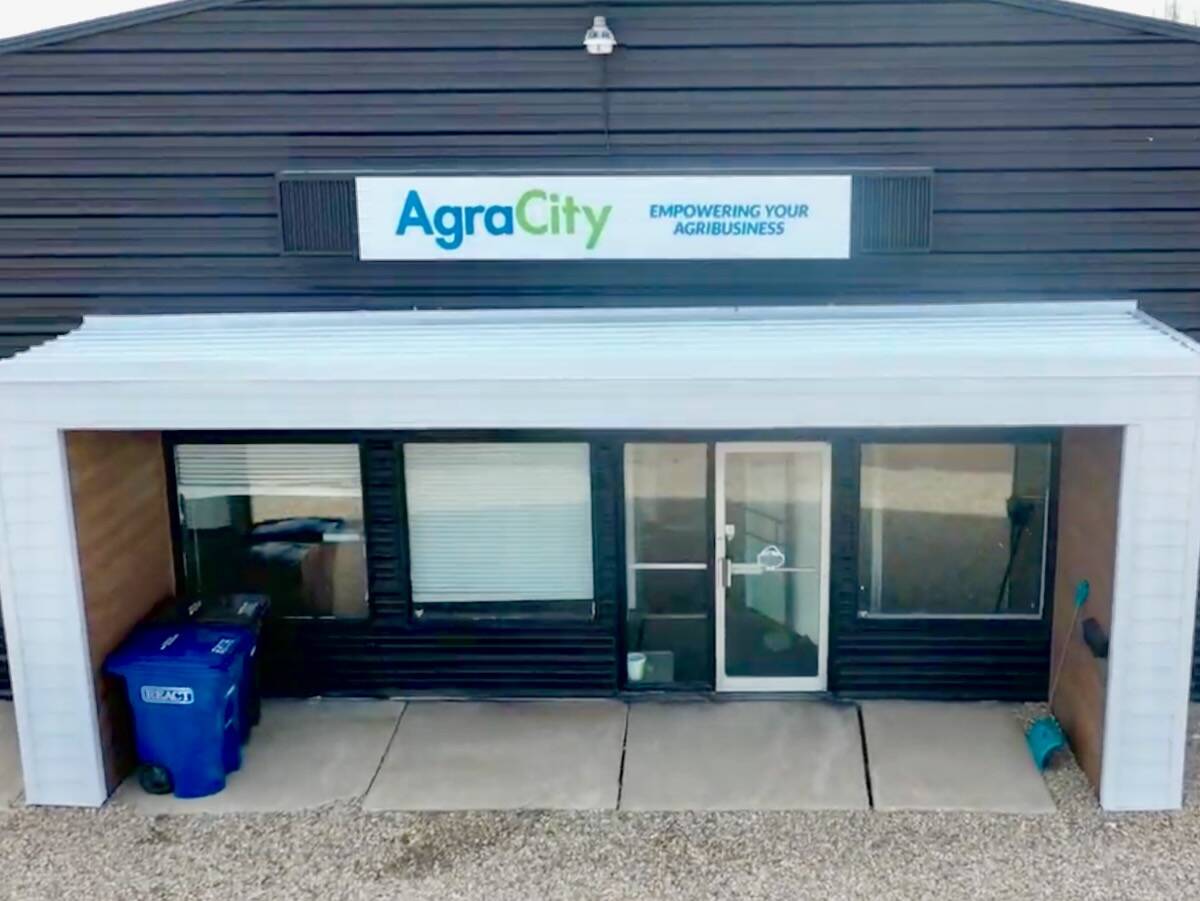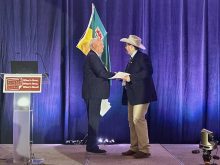Canola farmers make major decisions each year when they select their seed. For many of them, the Prairie Canola Variety Trials (PCVT) are an important source of information in making their choices.
Co-ordinated by the Canola Council of Canada as a service to Canadian canola growers, the PCVT is funded in part by levy dollars. Companies that enter the trials also pay a fee.
The trials are conducted by seed companies, government researchers, and independent contractors using a standardized protocol to ensure consistent results in three growing season zones across the Prairies — short, mid, and long season.
Read Also

AgraCity’s farmer customers still seek compensation
Prairie farmers owed product by AgraCity are now sharing their experiences with the crop input provider as they await some sort of resolution to the company’s woes.
The PCVT originated in 2003 and is currently the only third party, field-based, standardized agronomic performance program of any crop in Western Canada.
The trials are extensive, with 41 locations across Western Canada, consisting of two trials per location and 20 canola varieties per trial. The two replicated tests are conducted at each trial site by grouping varieties with similar days to maturity. These tests ensure that valid statistical comparisons are made. Test plots are kept weed free using conventional herbicides. As well, herbicide-tolerant varieties are not sprayed with their companion herbicides.
The PCVT booklet was distributed to Canada’s 50,000 canola growers in November along with the Canola Digest. It is also available on-line by going to www.canolacouncil.org.














